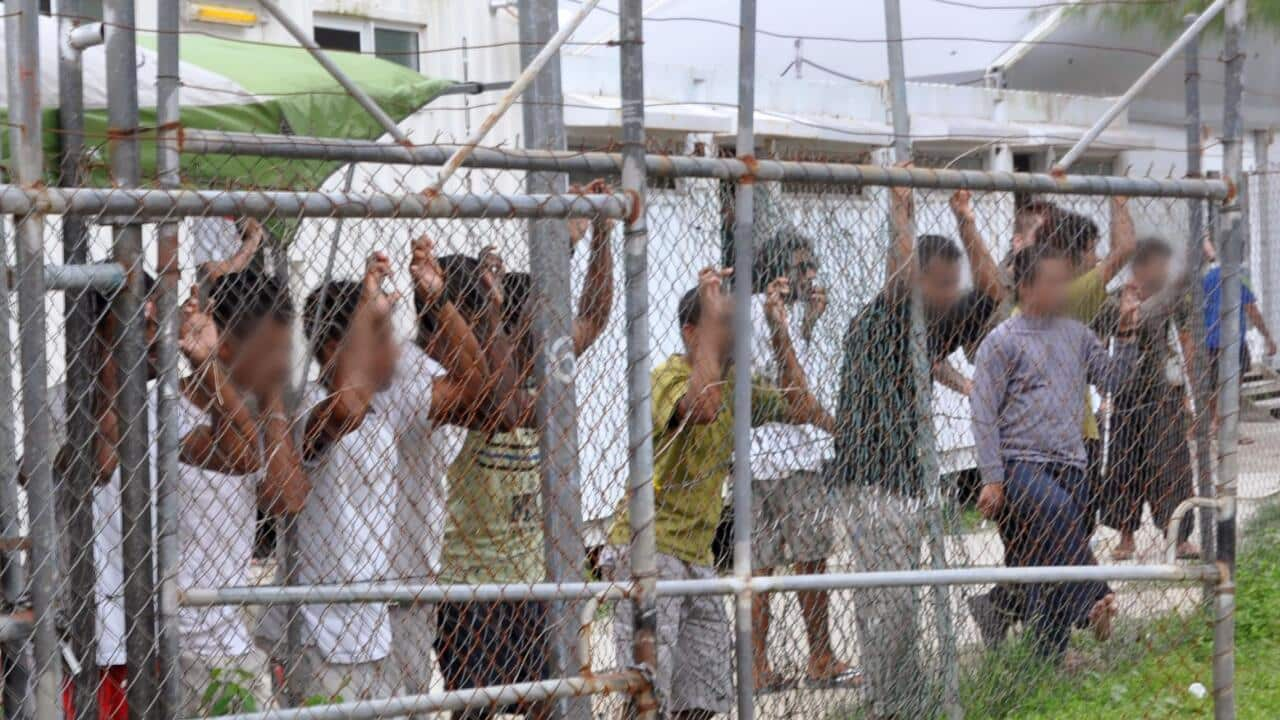Australian taxpayers have spent close to $5 billion housing asylum seekers on Manus Island and Nauru as refugee advocates mark four years since the relaunch of offshore processing.
Wednesday is the four-year anniversary of the previous Labor government's decision that asylum seekers who come by boat will never be allowed to resettle in Australia.
Since then over 2,000 people, including 169 children, remain in limbo on Manus and Nauru, the Human Rights Law Centre said.
It comes as new data shows the lifetime cost of delivering offshore processing in Manus Island and Nauru has totalled $4.89 billion, including operating costs and expenses.
The data from Senate estimates shows the most expensive year was in 2014-15 when costs totalled $1.312 million. In addition, Senate estimates data also shows that since December 2013, 30 boats carrying 765 people over the four years have been turned back or had an “assisted return”.
In addition, Senate estimates data also shows that since December 2013, 30 boats carrying 765 people over the four years have been turned back or had an “assisted return”.

Source: Australian Parliament House
And between February 28 and May 23, 2017, there was one critical incident, 78 major incidents and 433 major incidents at the Manus Island processing centre and community involving asylum seekers.
"Departmental incident reporting systems do not record injuries as a result of the incident," the Immigration Department said.
At Manus, there were 22 self-harm incidents reported and two assaults on guards between January 1 and May 23.
Asylum seekers 'without hope'
The Human Rights Law Centre has released a report to mark the fourth anniversary, featuring the stories of asylum seekers who remain in the Papua New Guinea and Nauru detention centres.
Burmese national Imran spoke of the loss of hope during his four years in detention.
“I have lived with fear and sadness for the last four years. But the worst part is being without hope. Wasting away without a glimpse of hope for the future,” he said.
“Our hope has been destroyed again and again. The Australian government has no proper plan. They have deliberately made us feel like this is the end of the world.”
Iranian national Amir described how he had spent his youth detained.
“Many people would say that your early 20s are the best years of your life,” he said.
“But for me, I’ve been forced to spend these years in the Manus prison.”










